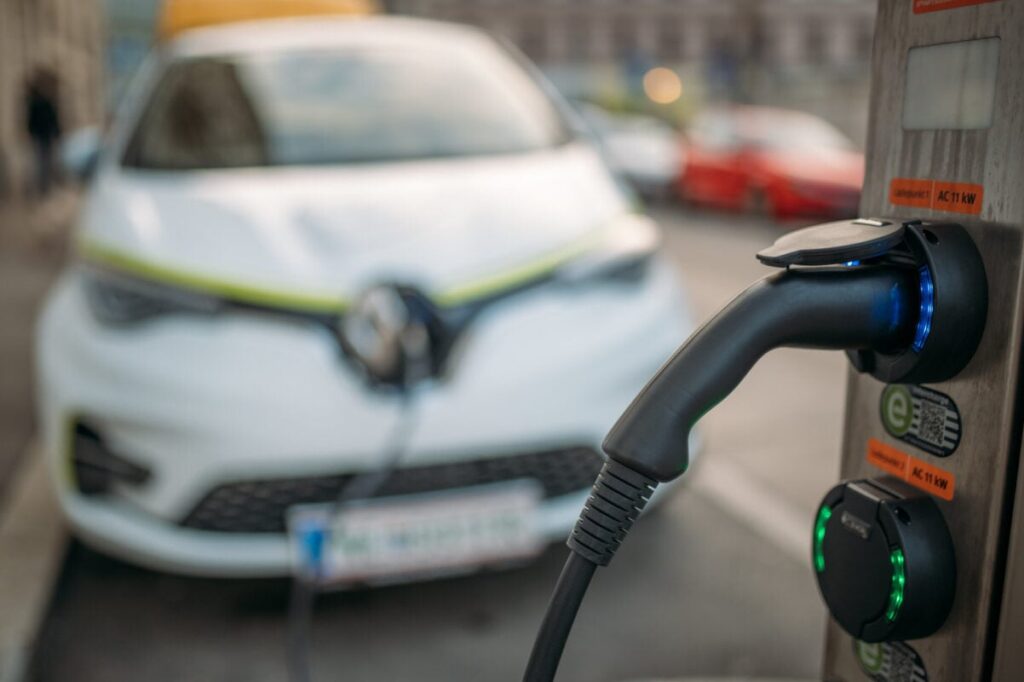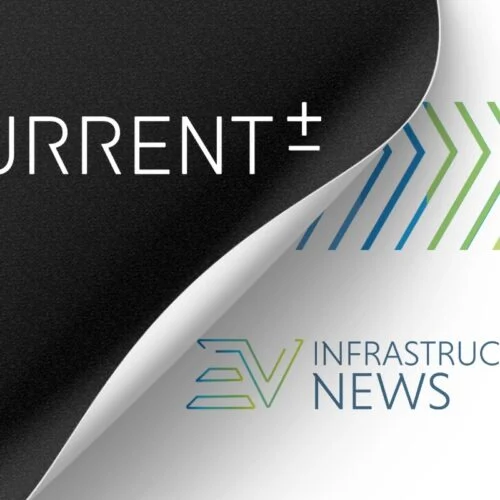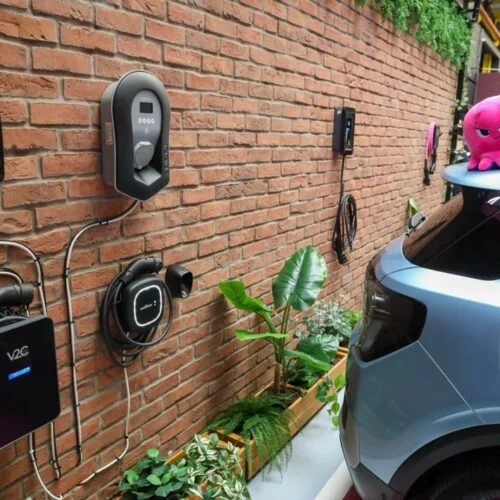AMPECO, an EV charging management software developer, has inked a strategic partnership with i-charging to deliver compliant DC EV charging infrastructure in the US.
Specifically, the partnership will ensure that the EV charging infrastructure complies with NTEP/CTEP standards.
This certification process meticulously checks whether these chargers align with the mandates outlined in NIST Handbook 44. This manual sets rules for how fuel pumps and EV chargers must work, ensuring fairness and transparency in EV charging transactions.
NTEP/CTEP standards were introduced on 1 January 2025, and states have since enacted metering and pricing transparency standards.
As per the terms of the partnership, i-charging’s DC hardware, ranging from 50kW to megawatt systems, will be integrated into AMPECO’s software platform to support chargepoint operators (CPOs) in meeting regulatory requirements for commercial charging infrastructure
“With regulatory requirements now fully in effect, CPOs must ensure their networks meet compliance standards,” said Michael Greenberg, senior vice-president of growth at AMPECO.
“As a trusted chargepoint management system (CPMS) provider, we’re fully attuned to the federal requirements that shape the landscape. Our cutting-edge solution is engineered to seamlessly integrate with NTEP/CTEP standards, guaranteeing a compliant and future-proof approach.”
The US has become a heated market for EVs in recent months, namely due to President Donald Trump’s turbulent policies. In January, Trump removed a nationwide EV deployment target, while the so-called ‘One, Big, Beautiful Bill’ for budget reconciliation passed by the House of Representatives this month could see tax rebates for EV purchases eliminated if signed into law.
The result of Trump’s January action saw the US House of Representatives vote to repeal the waiver that allows California to set its own zero emissions vehicle (ZEV) mandate.
Under the waiver, granted by the previous administration, California had moved to ban gas-fueled vehicles from its roads by 2035. The mandate says ZEVs would have to account for 43% of an automaker’s sales by 2027 in California, rising to 68% by 2030 and 100% by 2035.
The House has also voted in favour of repealing California’s push for zero emission medium- and heavy-duty trucks over time, and to stop California’s smog reduction efforts.






